RD: Having been a psytrance artist for many years, what keeps you passionate about the music? Are you inspired by other producers, or by your own potential in the studio?
P: What keeps me going is constant developments in the music technology. New instruments, samples and tools come out almost everyday, and I feel the need to utilize them. Also, different techniques that I develop for myself bring me into different unseen worlds, worth exploring for next several months. Sometimes some catchy new approaches that I hear at the parties would propel me into urge to produce. Lately I have been inspired by Highcosmos, AuraQuake friends Parus, Atriohm and Juno Reactor.
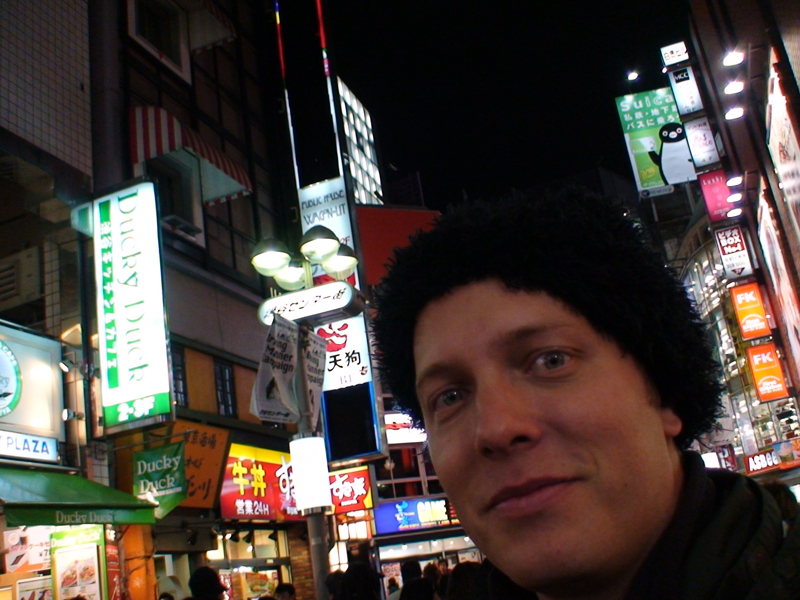
Penta in Tokyo March 2007
RD: Your most recent album, Horn Please, has been warmly received. What were you hoping to achieve with this record?
P: This release is a sonic conclusion of all my trips of the past years, – many songs have been written in different parts of the world from Azores Islands to San Francisco and Buenos Aires. The cover is a tribute to Mumbai Taxi graphics, – something that I really wanted to do for some time. “Horn Please” is taken from “Horn OK Please”, that is written on Indian trucks. I guess, this album has emerged as some sort of self-portrait. BPM-wise, it has sped up in comparison to the previous work, and musically it has become more dense and animated, I think. I am trying my best to reinvent myself with each new track. For example, I almost never keep the keyboard presets. Yesterday my hard drive crashed: I lost two tracks and shit loads of samples, and I am Ok with that, – now I will write even more new music, not relying on old sample libraries. Maybe I go and record the cows and chickens in my back yard (I live on a remote island Faial in the middle of the Atlantic)…
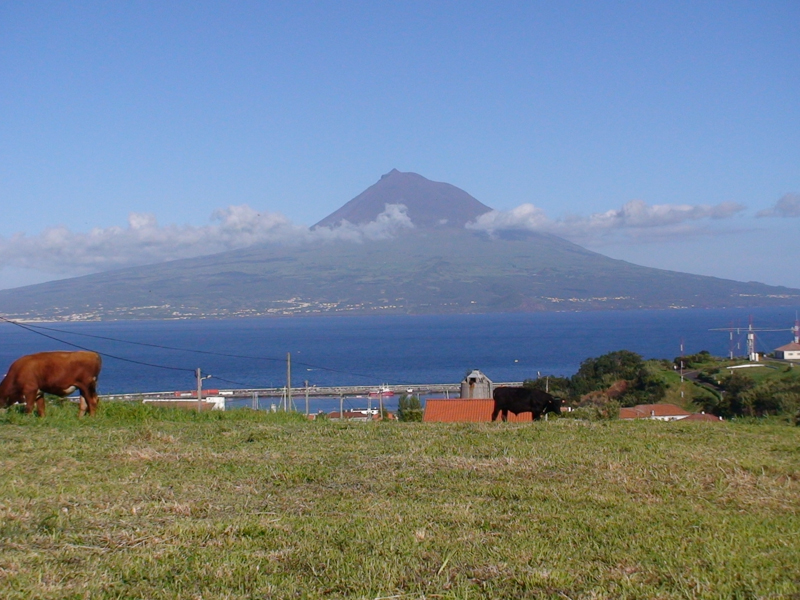
View form Nikita’s and Catia’s house in Faial Island in the Azores, Portugal
RD: There is an intriguing photo on pentafiles.com of your home studio. Can you explain some of the equipment and software you use to make music?
P: Most of the equipment in that studio was last used three years ago. Nowadays I only use VSTs, VSTis and samples. My all-time favorite is Reaktor, I do most of the work on it. As far as hardware keyboards go, I really enjoyed working with Virus and Microwave. I am actually considering using them again for my fifth album (the fourth album most likely going to come out this year on AuraQuake).
RD: Does working from home mean you are in the studio at bizarre hours, or are you a disciplined 9-5 producer?
P: Now I am more and more 9-5 producer, I try to sleep at night. Three years ago, though, I was producing exclusively during the night, going to sleep around 9 in the morning. I just couldn’t believe that you can make music during the day. Now I see that it’s possible.
RD: What’s next for AuraQuake?
P: I think the next release is going to be again another Penta album, followed by a compilation and Parus debut album, hopefully. Also, we will have more T-shirts and video projects on www.auraquake.com.
RD: You’re bringing a live show to Sydney. What’s your set-up for these performances?
P: Nowadays I am using Ableton Live as the centre of my set up. The only hardware is the MIDI controller keyboard and an occasional Virus or Nord Lead keyboard to tweak additional noises. The main action is in Live – I trigger loops, samples, and also run two-three Reaktor Instruments to play sequences and process the Main Mix. I never run my set as a pre-made mix and I never can predict what I will actually play: it all depends on the party and on how people react to the music.
RD: Musically, what progression do your live sets tend to follow? Do you start melodic and end up at the darker end of the psy spectrum?
P: Again it depends on the party. If I start in the night, than I tend to start with a fairly loud and pumping composition, progressing into more scariness and pumpiness and finishing with some melodic hit, usually last tracks from my albums – Here We Come, Flash Forward or Every Machine. I try not to put my strongest tracks in the end, allowing the next DJ to start with lots of new energy. If I play in the morning, I might even start with something more deep – if the DJ before me played too crazy.
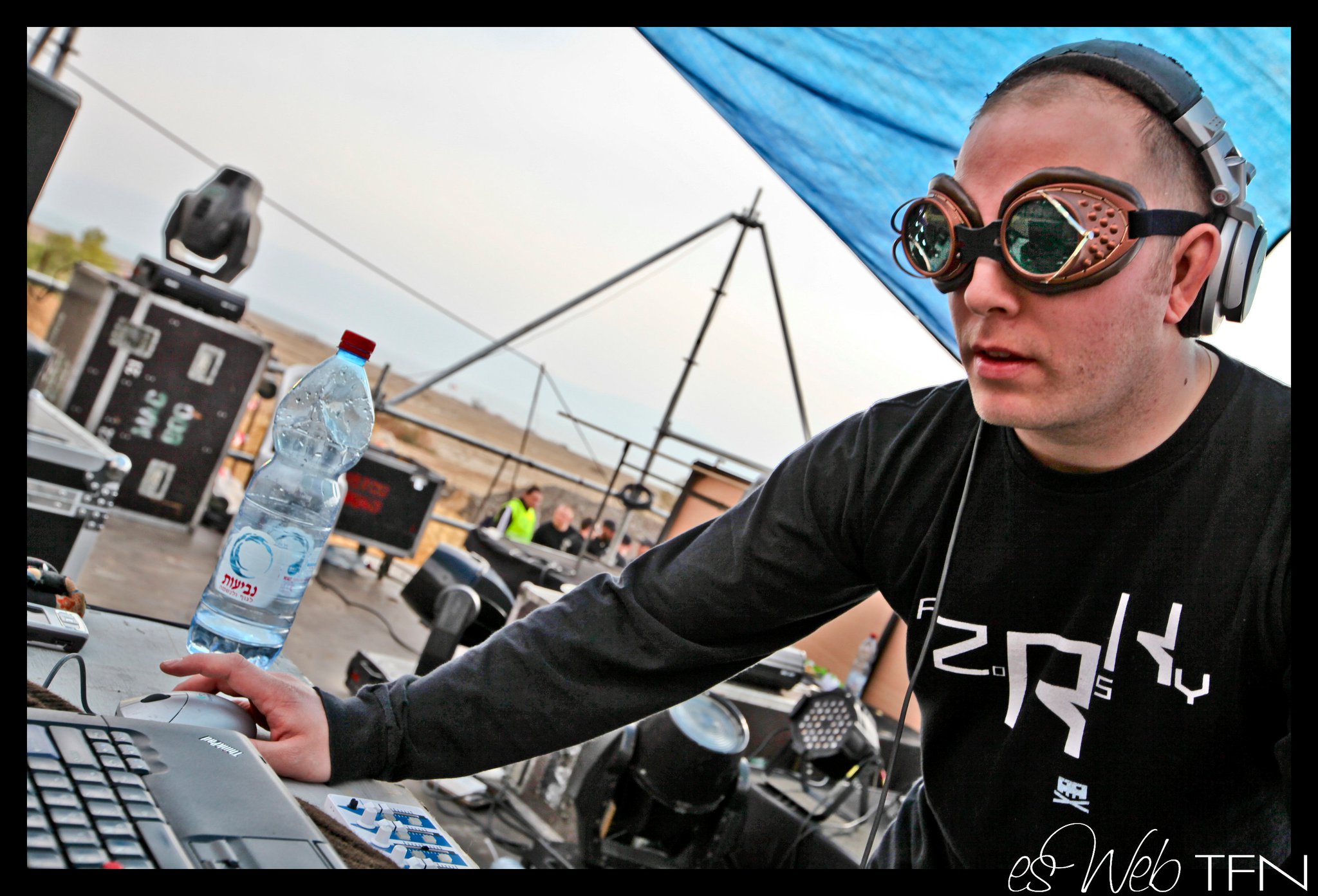
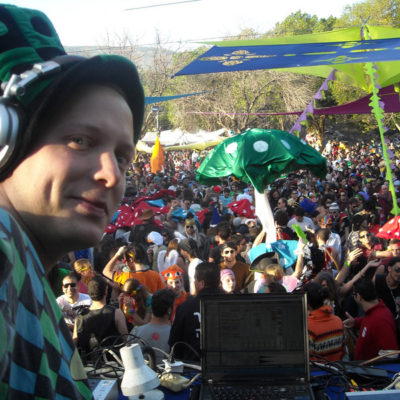
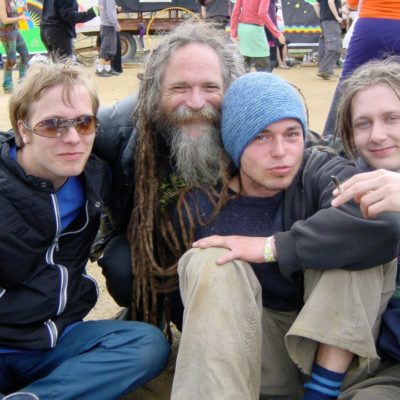
Leave a Reply